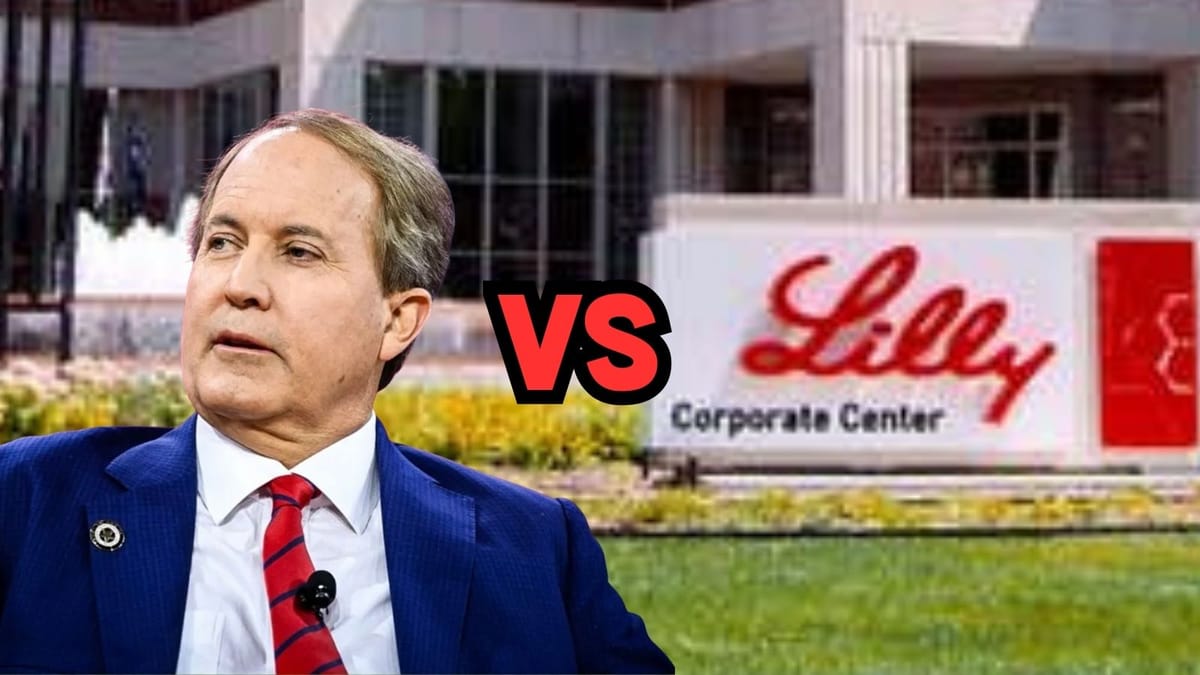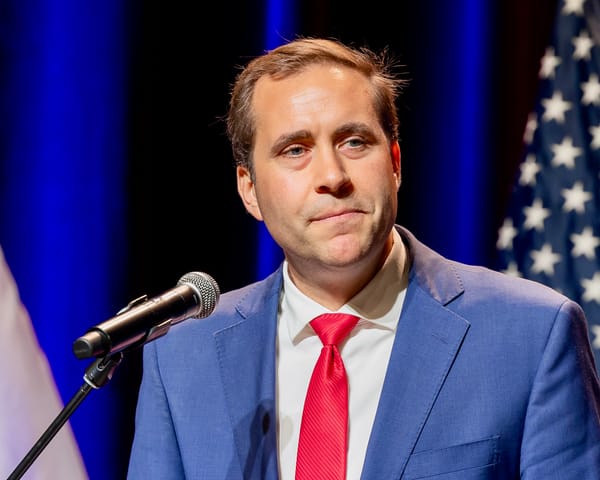Texas Attorney General Ken Paxton Files Lawsuit Against Eli Lilly Over Kickback Claims
Paxton accuses drugmaker of illegally incentivizing medical providers to prescribe its top-selling meds

Texas Attorney General Ken Paxton has launched a fresh legal battle against pharmaceutical giant Eli Lilly. In a suit filed August 12, 2025, he accuses the drugmaker of illegally incentivizing medical providers to prescribe its top-selling medications, including the GLP-1 drugs Mounjaro and Zepbound, used for weight loss and diabetes treatment.
According to Texas court documents, Eli Lilly offered medical providers what Texas calls “illegal incentives.” These included sending free nurses to help with patient care, and offering administrative and reimbursement support to push providers toward prescribing Lilly’s medications. The AG’s office claims that many of these prescriptions were billed to Medicaid, producing millions in what the State calls “tainted claims” under the Texas Health Care Program Fraud Prevention Act.
“Big Pharma compromised medical decision-making by engaging in an illegal kickback scheme,” Paxton stated. “Eli Lilly fraudulently sought to maximize profits at taxpayer expense and put corporate greed over people’s health. I will not stand by while corporations unlawfully manipulate our healthcare system to line their own pockets.”
This new lawsuit intensifies a broader legal campaign by Paxton. Last year, his office sued insulin makers, including Eli Lilly, plus pharmacy benefit managers, alleging they artificially raised insulin prices and exchanged rebates for favorable formulary placement.
Eli Lilly denies the allegations. A spokesperson highlighted that the claims come from the same “relator” whose similar suits were previously dismissed by courts and federal agencies for lacking merit. The company said it will “vigorously defend” itself.
This case is important for several reasons. First, the State’s allegations suggest that patient care may have been compromised. If medical providers were influenced by incentives rather than medical necessity, treatment decisions could have been driven by profit instead of the patient’s best interests. Second, the lawsuit points to taxpayer money as part of the problem. By linking the alleged kickback scheme to Medicaid payouts, the State raises concerns about whether public funds were used to pay for prescriptions obtained through improper means. Finally, the case comes at a time when GLP-1 medications like Mounjaro and Zepbound, which have surged in popularity for weight loss and diabetes treatment, have come under heightened scrutiny. With demand for these drugs climbing, regulators are paying close attention to how they are marketed, prescribed, and financed.
The State seeks a jury trial, financial penalties, and a court order to halt further alleged unlawful behavior. Eli Lilly, meanwhile, is preparing for a robust defense.
The court filing may be read HERE.




